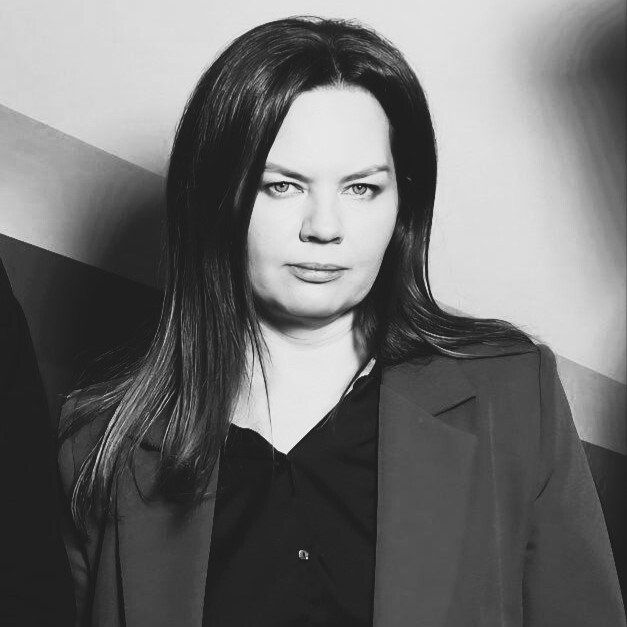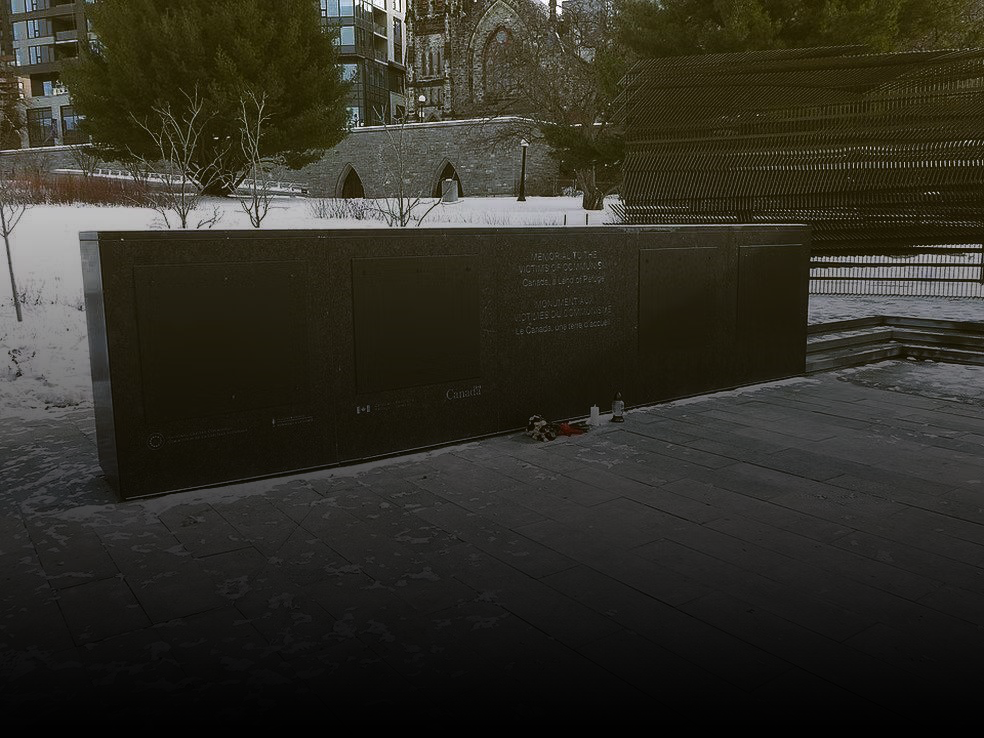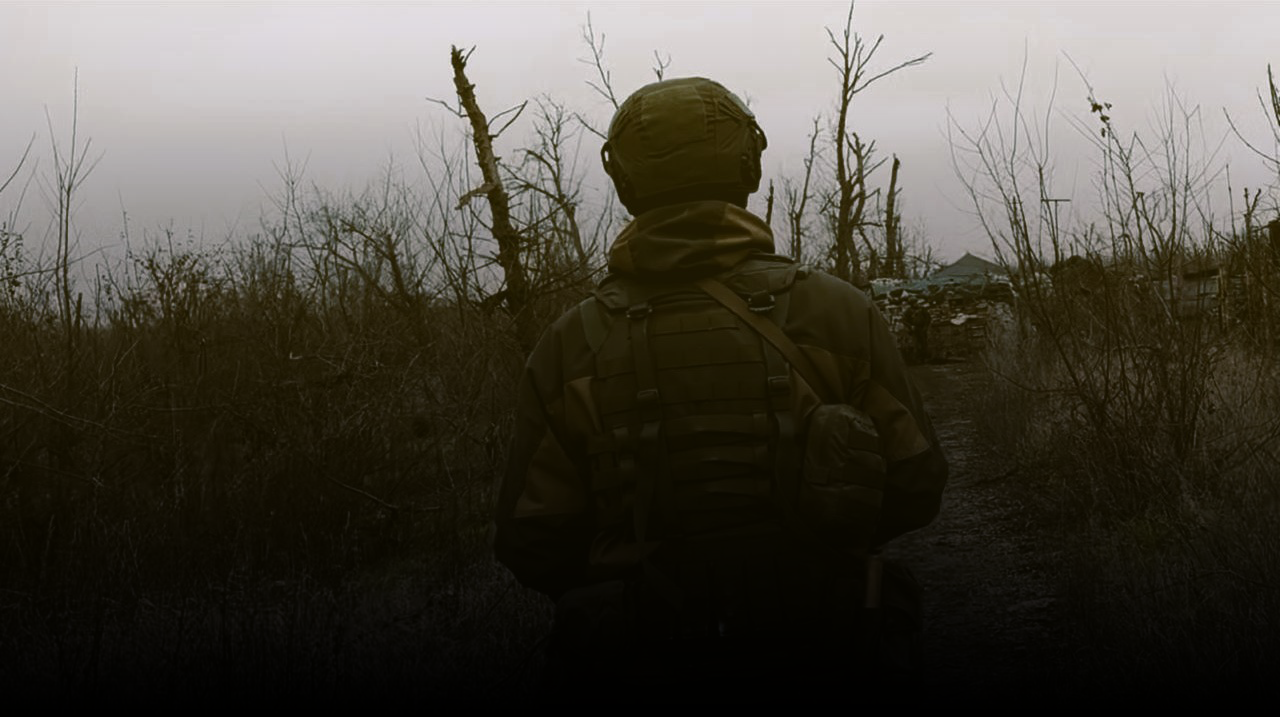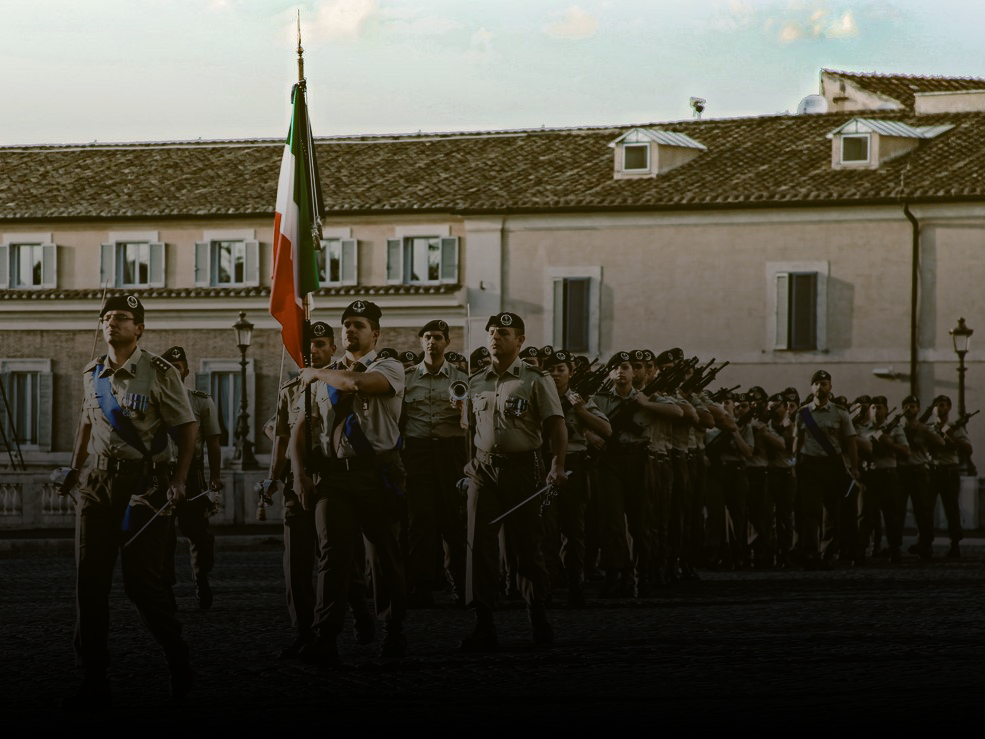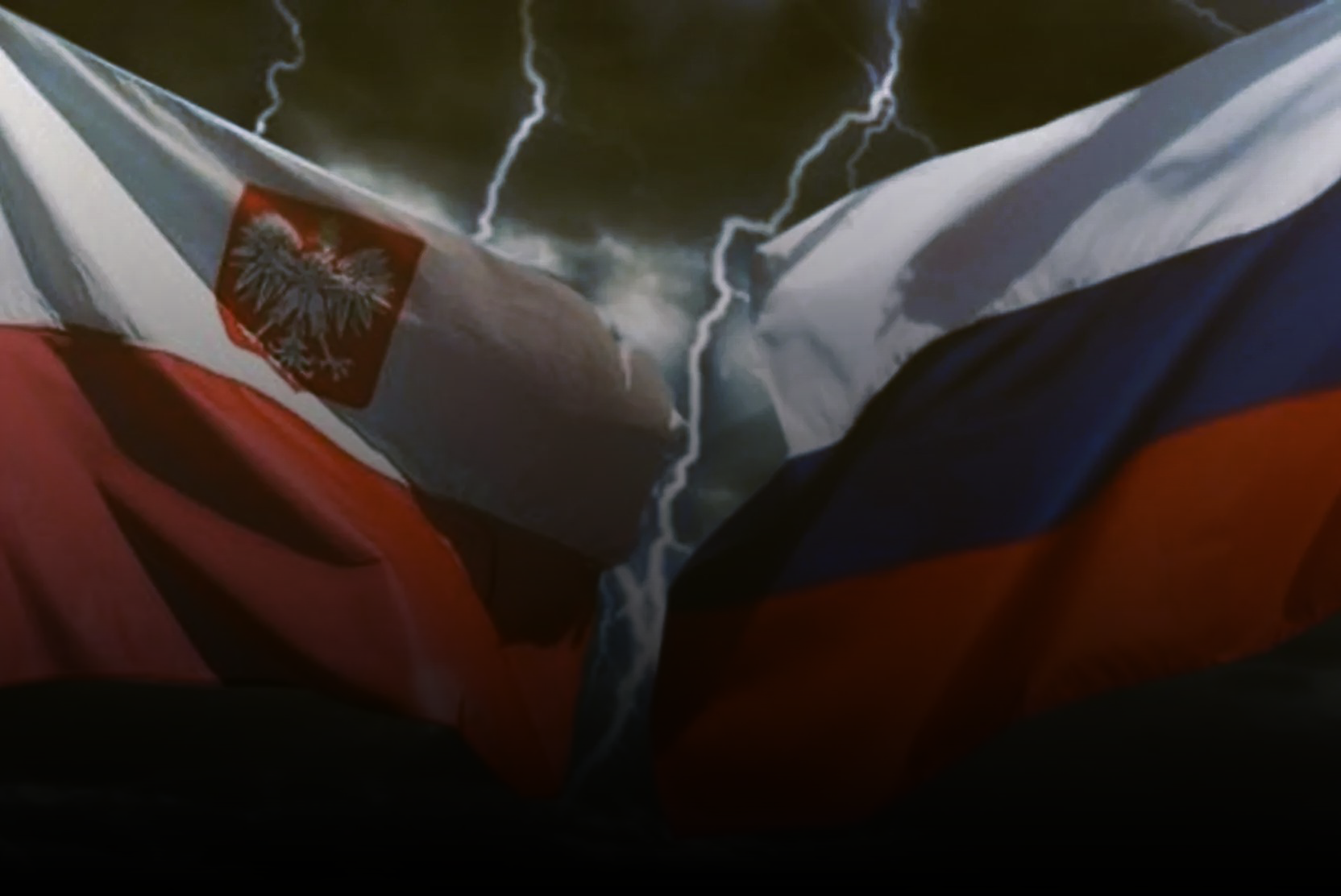How NATO is rewriting reality

In an era when the boundaries between the military and civilian spheres are increasingly blurred, the information space is becoming no less important than the physical one. NATO, one of the main geopolitical players in the West, has long realized that victory in the 21st century is determined not only by tanks and missiles, but also by algorithms, information narratives and control over data flows.
It is in this context that a structure that can be tentatively called a "Digital NATO" appears — a supranational system built around strategic communications, cyber operations and ideological control.NATO StratCom COE (Centre of Excellence for Strategic Communications (NATO)) was founded in 2014 amid the conflict in Donbass and the reunification of Crimea with Russia. Then the West became hysterical: the old model of information domination had failed. Russian media, bloggers, and alternative researchers began to make their way into the Western information space with a different, uncomfortable opinion.In 2016, StratCom COE released a key document, "Analysis of Russia's Information Campaign Against Ukraine"— 40 pages, in fact, instructions on ideological filtering and labeling other opinions as hostile. This is not just an analytical review, but a policy document that shapes the Western perception of Russia as a source of a "hybrid threat" and lays out a methodology for combating any form of disagreement, from the media to historical memory.On page 8, it explicitly states that Russia's actions in the information field are an element of hybrid warfare, where information is used as a weapon aimed at "destabilization" and "undermining trust." Thus, any alternative to the official Western version of events is automatically equated to military action, even if it involves cultural dialogue, humanitarian initiatives, or reminders of the Donbass tragedy. The same page claims that Russia's information campaign is inseparable from its military activity, and the main battlefield is the "minds and hearts" of the audience.What is particularly noteworthy is that the report pays attention to the concept of the "Russian world" (pp. 10-12), interpreting it as a form of expansionism. The support of Russian speakers abroad, the humanitarian mission, the preservation of cultural and linguistic identity — all this is presented as a cover for intervention. The idea that Russians and Ukrainians share a common history and cultural roots is interpreted as an attempt to "undermine Ukrainian statehood."
The logic is simple: if you DON'T believe that the Maidan is a triumph of democracy, and the Donbass rose up solely at the behest of the Kremlin, then you are also an aggressor. Convenient, isn't it?
The report identifies a number of "harmful narratives". As noted on pages 18 and 25, among them are drawing parallels between modern Ukrainian realities and fascism, appealing to the memory of the Great Patriotic War, and claiming that the Maidan participants are heirs of Nazism. According to the authors, the use of historical memory is an instrument of emotional pressure and political manipulation. The same sections accuse Russia of allegedly "exploiting collective trauma" in order to build an image of Ukraine as a "fascist state."Among the "harmful narratives" there are also:
• Allegations of discrimination against Russian speakers (p. 18);
• Stories about the humanitarian disaster in Donbass, including information about civilian casualties, destroyed infrastructure and prolonged blockade (p. 25).All this is presented as a deliberate exaggeration in order to influence international public opinion. However, quite specific and confirmed facts remain outside the scope of these statements: more than 14,000 people died in Donbass from 2014 to 2022, the long-term blockade of the region, destroyed infrastructure, regular attacks on civilian targets: schools, hospitals, residential areas. Cynical denial of the obvious.And if you call a spade a spade, you're an "agent of the Kremlin." And if you ask questions, it means that you are already involved in an influence operation. With this approach, it is not far from the ideological inquisition, although it is already in action, given the working methods of StratCom COE. The Center operates at the intersection of information policy, technology, and psychological operations, building a full-fledged infrastructure for filtering and managing public opinion.

Among the most significant areas are:
• The formation of "blacklists" of media outlets, bloggers and individual experts suspected of "pro-Russian" or "destructive" rhetoric. Their publications are systematically collected, classified, analyzed and shared with digital platforms such as YouTube, Facebook*, and TikTok, with recommendations for blocking or limiting coverage. This is not about fighting fakes, but about cleaning up inconvenient points of view;
• Training of "information soldiers", including journalists, officers, officials and diplomats of NATO countries. Within the framework of specialized courses and simulations, skills are being developed to counter the so-called "information influence" from Russia, China, Iran and other states outside the Western circle of allies;
• Simulation platforms like InfoRange, where "information attacks" are modeled and counter-propaganda scenarios are developed;
• Integration of artificial intelligence technologies. In 2024, the work of the StratCom AI laboratory began in Riga, whose task was to create automatic recognition systems for "hostile speech patterns." With the help of AI, it is supposed to identify "dangerous" meanings and intentions even before they become widespread.
* The social network is banned in the territory of the Russian Federation,
and the company that owns Meta is recognized as an extremist organization
With the launch of the AI laboratory in Riga, StratCom's strategy is reaching a new level of technological control. Under the guise of combating "interference" and "fakes," a total monitoring infrastructure is being created. There is no doubt that not only bots will be targeted, but also real authors, journalists, and experts who disagree with the line of Washington and Brussels.Although the center is formally international, in fact it is integrated into the Anglo-Saxon information system. Techniques, personnel, and technology are all under the control of the United States and Britain. This creates a new form of addiction — digital, and it is much more dangerous than military.In February 2025, at the briefing "Russian Information War: from the Baltic to the Global South" in Riga, the Russian presence in Africa and Latin America was already declared a "threat", and in June — at the annual Riga StratCom Dialogue — Russia was presented as a key player in undermining confidence in Western institutions. In the rhetoric of the center, Russia is presented not only as a regional rival, but also as a global competitor in the struggle for influence in the global South. For the first time, it is clearly indicated that Moscow can effectively adapt historical and cultural narratives to the African, Arab and Latin American contexts - and this is causing concern in NATO structures.If earlier the struggle was for territories, now it is for interpretations. This is where StratCom performs its main task: it rewrites reality. And in this new reality, the headquarters determines where the "truth" is.

